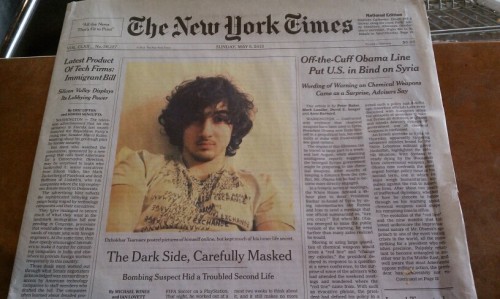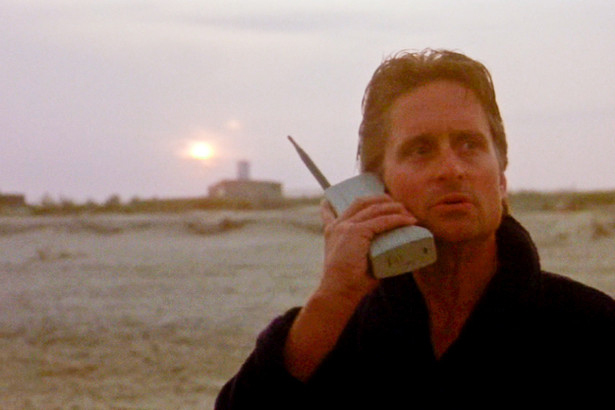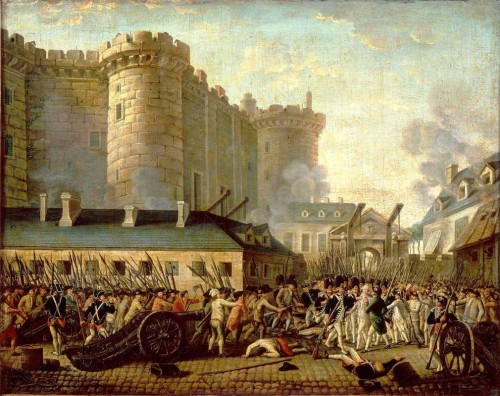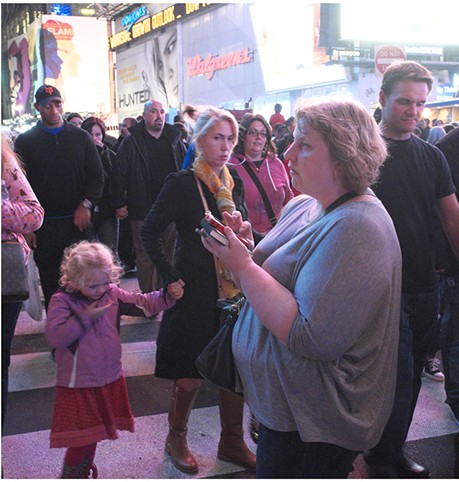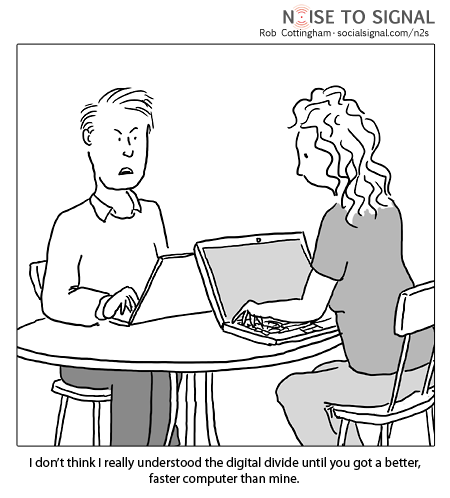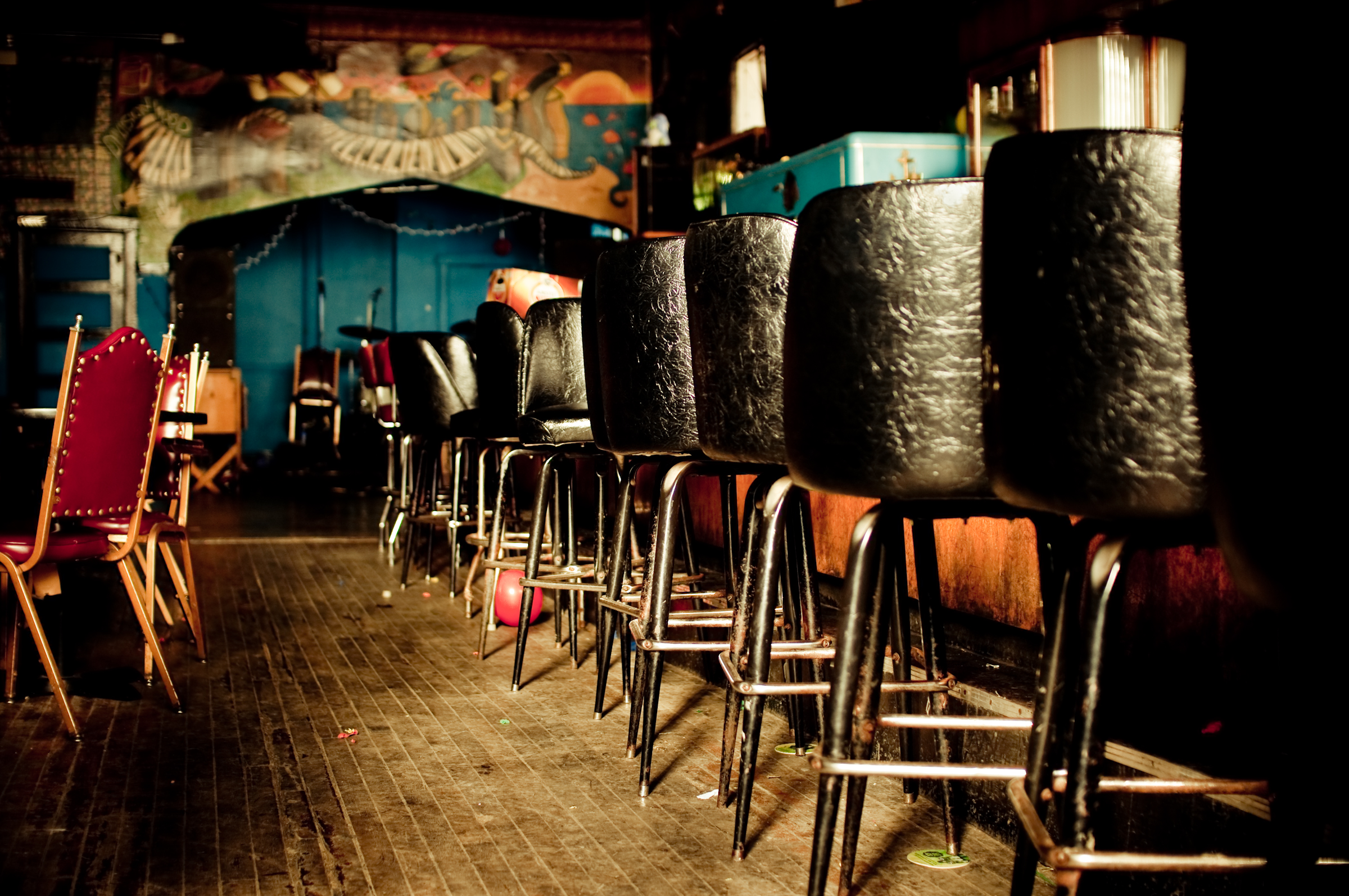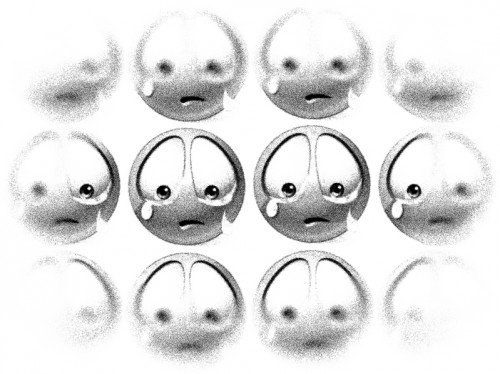 Facebook and Twitter, like any other form of communication, can be used to forge solidarity. As philosopher Richard Rorty reminds us in Method, Social Science, and Social Hope, one of the boundless powers of the humanities and of storytelling—novels, journalism, ethnographies, photography, documentaries—is to grow our imaginations so that the norms which would exclude foreigners, or the poor, or minorities, are replaced with a solidarity against suffering. In stories like Native Son, The Diary of Anne Frank and Brokeback Mountain, the cruelties of those who are not familiar to us are described in astonishing, bright detail. The humans who populate Dirty Pretty Things, Sin Nombre and How to Survive A Plague become less distant, more familiar. Through imagination, their suffering becomes ours. In many instances, networked media facilitate this kind of sensitivity building, this form of democratic attunement. But under the ceaseless pressure of shareability and virality, tragedy on social media often resembles disaster porn: a ghastly vine, a sappy post, attention seeking hashtags, confusing the spread of symbolic images for enduring political achievement.
Facebook and Twitter, like any other form of communication, can be used to forge solidarity. As philosopher Richard Rorty reminds us in Method, Social Science, and Social Hope, one of the boundless powers of the humanities and of storytelling—novels, journalism, ethnographies, photography, documentaries—is to grow our imaginations so that the norms which would exclude foreigners, or the poor, or minorities, are replaced with a solidarity against suffering. In stories like Native Son, The Diary of Anne Frank and Brokeback Mountain, the cruelties of those who are not familiar to us are described in astonishing, bright detail. The humans who populate Dirty Pretty Things, Sin Nombre and How to Survive A Plague become less distant, more familiar. Through imagination, their suffering becomes ours. In many instances, networked media facilitate this kind of sensitivity building, this form of democratic attunement. But under the ceaseless pressure of shareability and virality, tragedy on social media often resembles disaster porn: a ghastly vine, a sappy post, attention seeking hashtags, confusing the spread of symbolic images for enduring political achievement.
That grief is best endured in groups was not lost on those involved in the Boston Marathon or to those who experienced it through networked media. more...
